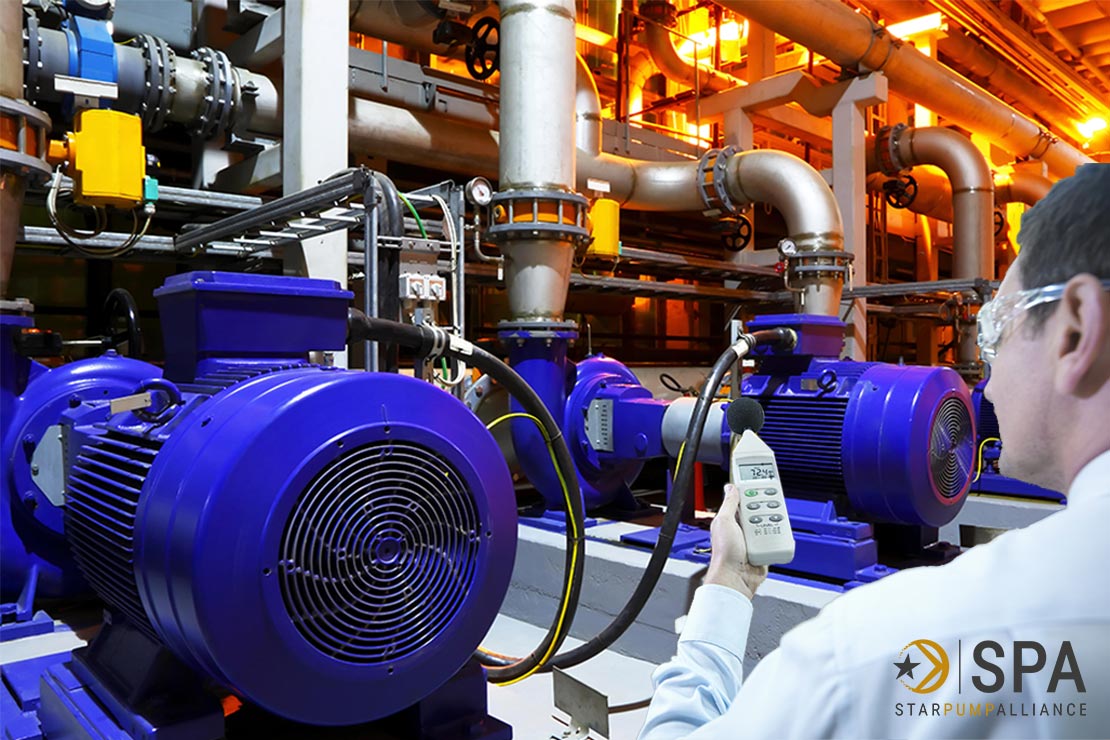Acoustic decoupling of pumps

Wherever movement takes place, noise cannot be avoided. Especially in industry: Whether in manufacturing processes, waste disposal or logistics – more or less noise is simply part of the game. However, plant operators have many means at their disposal to reduce the noise emissions of their machines and systems. There are several good reasons for this. After all, vibrations, oscillations and other sound-generating movements not only cause noise nuisance to personnel and, if necessary, to residents, but can also affect plant components.
A new method of reducing noise sources is offered by the startup Hydronauts. The startup, founded by former employees of the University of Rostock, specifically addresses operators of pump systems. They are to be supported in actively and dynamically influencing pressure pulsations emitted by pumps. In this way, the associated hydro-sound in the system is to be significantly reduced.
Less sound pressure in piping systems
The startup calls its technology Quiet Hydro. If it is installed in a hydraulic piping system, the effective sound pressure in the system is said to be reduced by more than 80 percent. As a result, vibrations in the piping system also decrease. According to the company, this is made possible by acoustically decoupling the pump from the system.
This decoupling also enables system-independent speed control, with effects on energy consumption: depending on the operating conditions, savings of up to 90 percent are said to be possible. Even the power grid is said to benefit from this approach by stabilizing the effects when regulated pumps are operated in a smart grid.
Moreover, if the oscillation or vibration of plant components is reduced, their service life will ultimately be increased. In this respect, hydronauts also hold out the prospect of minimizing maintenance costs and downtime.
Saving emissions, energy and resources
Companies can therefore use the technology not only to reduce their noise emissions, but also to save energy and resources, cut costs and ensure improved working conditions in the plant and an enhanced quality of life for people in the surrounding area.
In addition to operators in industry, the Hydronauts hope that other sectors will also benefit from the technology – right down to residential buildings, where noisy heating pipes and other rushing or vibrating piping and pump systems should become a thing of the past when installed in heating systems.

